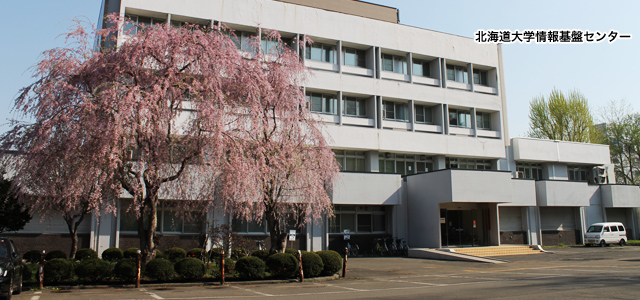採択課題 【詳細】
| EX23401 | 深層学習における次世代型最適化手法の分布外汎化能力への影響の網羅的検証 |
|---|---|
| 課題代表者 | 長沼 大樹(モントリオール大学) |
| 概要 |
Modern deep learning systems do not generalize well when the test data distribution is slightly different to the training data distribution. While much promising work has been accomplished to address this fragility, a systematic study of the role of optimizers and their out-of-distribution generalization performance has not been undertaken. In this study, we examine the performance of popular first-order optimizers for different classes of distributional shift under empirical risk minimization and invariant risk minimization. We address this question for image and text classification using DomainBed, WILDS, and Backgrounds Challenge as testbeds for studying different types of shifts---namely correlation and diversity shift. We search over a wide range of hyperparameters and examine classification accuracy (in-distribution and out-of-distribution) for over 20,000 models. We arrive at the following findings, which we expect to be helpful for practitioners: i) adaptive optimizers (e.g., Adam) perform worse than non-adaptive optimizers (e.g., SGD, momentum SGD) on out-of-distribution performance. In particular, even though there is no significant difference in in-distribution performance, we show a measurable difference in out-of-distribution performance. ii) in-distribution performance and out-of-distribution performance exhibit three types of behavior depending on the dataset---linear returns, increasing returns, and diminishing returns. For example, in the training of natural language data using Adam, fine-tuning the performance of in-distribution performance does not significantly contribute to the out-of-distribution generalization performance. |
| 関連Webページ | |
| 報告書等 | 研究紹介ポスター / 最終報告書 |
| 業績一覧 | (1) 学術論文 (査読あり) |
| 該当なし | |
| (2) 国際会議プロシーディングス (査読あり) | |
| 該当なし | |
| (3) 国際会議発表(査読なし) | |
| 該当なし | |
| (4) 国内会議発表(査読なし) | |
| 該当なし | |
| (5) 公開したライブラリなど | |
| 該当なし | |
| (6) その他(特許,プレスリリース,著書等) | |
| 該当なし |









